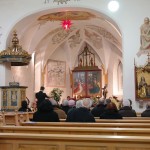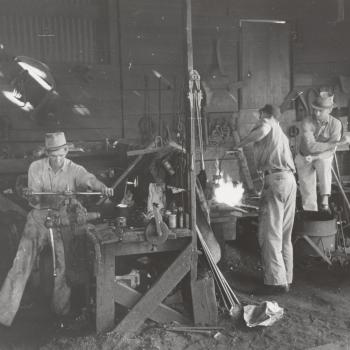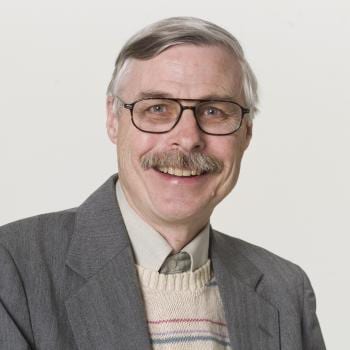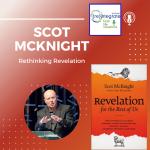The Working Catholic by Bill Droel
Our U.S. Catholic bishops host a Eucharistic Congress in Indianapolis from July 17-21, 2024. It is the culmination of a three-year process meant to teach the real presence of Jesus/God in the Eucharist. The bishops are reacting to surveys that seemingly show that Catholics do not know or do not believe the dogma of the Eucharist. (There is ambiguity. For example, to answer a survey question by saying “the Eucharist is a symbol” does not preclude the belief that it is God’s real presence. It can be both. Additionally, our bishops have multiple motives. For example, one faction is using the Eucharistic Congress to highlight a contradiction between President Joseph Biden’s devotion to the Eucharist and his support for abortion access.)
Pope Pius X (1835-1914) was a conservative. He opposed several modern trends. However, he is credited with opening the door to modern liturgical reforms, centering them in the dogma of the Eucharist. In the first two decades of the 20th century, monasteries in Germany, France and Belgium experimented with reforms that were soon enough authorized at Vatican II (1962-1965). These changes are meant to bring worshipers into closer relationship with the Eucharistic, through the Mass. They include prayers at Mass said aloud by the entire congregation—the Gloria, the Creed, the Sanctus, the Lamb of God and several responses. The Mass itself is prayed in the vernacular, rather than in Latin—in Spanish, English, Polish and more. Taking a cue from Pius X, regular reception of the Eucharist in both the consecrated wine and bread is the norm, no longer something rare or selective. Qualms about one’s worthiness are taken care of in the opening penitential rite of the Mass.
It is interesting to note that from the early 1900s until Vatican II, the liturgical movement was connected with the virtue of social justice. For example, Fr. Lambert Beauduin, OSB (1873-1960), a major figure in the liturgical movement, was a labor chaplain with a strong social conscience and compassion for the poor. Fr. Virgil Michel, OSB (1890-1938) of Minnesota did more than anyone else in the U.S. to promote the liturgical movement and the dogma of the Eucharist. “The liturgy is the ordinary school for [and] the indispensable basis of social reconstruction,” Michel said. The Eucharist inside a church is a failure if it doesn’t live in jobsites and neighborhoods during the week, he preached.
The concept linking Eucharist and social regeneration is called the Mystical Body of Christ. The Mystical Body is Christ acting all week long through people who are allergic to injustice. The phrase was well-known in the years prior to Vatican II. Then it quietly disappeared.
Could the loss of the Mystical Body concept be listed among the causes of weak appreciation for the Eucharistic dogma? Might a renewed emphasis on social renewal be an effective way to reverence Christ’s real presence in the Eucharist? To be continued…
Droel edits a newsletter on faith and work for National Center for the Laity (PO Box 291102, Chicago, IL 60629)










